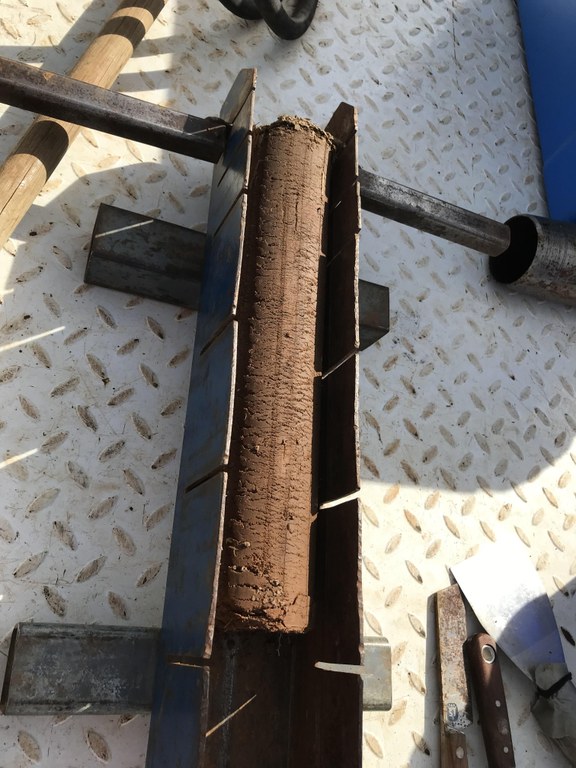
Little River Landcare’s Journey through the Soils PET Project
The Soils PET (People, Education, Technology) Pilot Project, led by Little River Landcare was a successful initiative in Central West NSW that revolutionised soil health management. Through extensive soil sampling, interactive workshops, the project engaged 150 landholders, fostering sustainable agricultural practices and strengthening rural community networks.
Little River Landcare’s Journey through the Soils PET Project
Reflecting on a Successful Blend of Innovation, Education, and Sustainable Agriculture
The Soils PET (People, Education, Technology) Pilot Project, led by Little River Landcare Coordinator Phoebe Gulliver and supported by Smart Farms Small Grants. Little River Landcare covers the western edge of the Central Tablelands, including the towns of Yeoval, Obley and Cumnock.
The Soils PET Pilot Project was an innovative initiative that tested new methods of engagement and information transfer in soil health management. Leveraging the on-ground networks of Landcare, the project stimulated significant changes in landscape management across the region, tackling issues such as erosion, water infiltration, and nutrient cycling.
The project's initial phase involved an extensive soil sampling campaign throughout the Little River catchment. Here, 75 local properties participated, contributing topsoil and subsoil samples. This phase was more than data collection; it engaged landholders through interactive workshops focused on soil test results and their interpretation. These workshops became a platform for knowledge exchange and independent soil management education.
Building on the success of the first phase, Phase 2 extended the project's reach to four additional Landcare regions – Coonamble, Mid Macquarie, Mudgee, and Orange. Here, the focus remained on local engagement through soil sampling and workshops, but with an added emphasis on catering to the specific needs and requests of local landholders.
By the end of the project, the Soils PET Pilot Project had successfully engaged 150 landholders, conducted 5 workshops, and analysed 300 topsoil samples using Mid-Infrared (MIR) Spectroscopy. The results were promising, with 73 properties soil sampled and a wealth of data collected for future research. The project not only reinvigorated rural networks post-COVID but also played a crucial role in promoting best practice agriculture.
The Soils PET Pilot Project was more than a Landcare endeavour; it became a testament to the power of community, education, and technology in shaping a sustainable future for agriculture. The dedication of the Little River Landcare Group, under the guidance of Coordinator Phoebe Gulliver, was pivotal in this journey towards a more sustainable and informed future.




